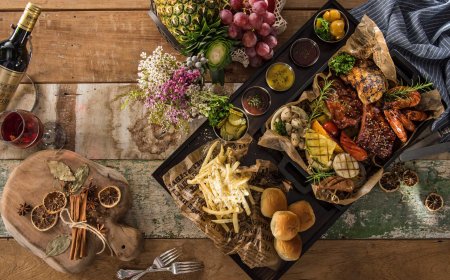Filipino Customs and Etiquette
From heartfelt hospitality to deep respect for family and elders, understanding Filipino traditions enhances one's connection with the Philippines.
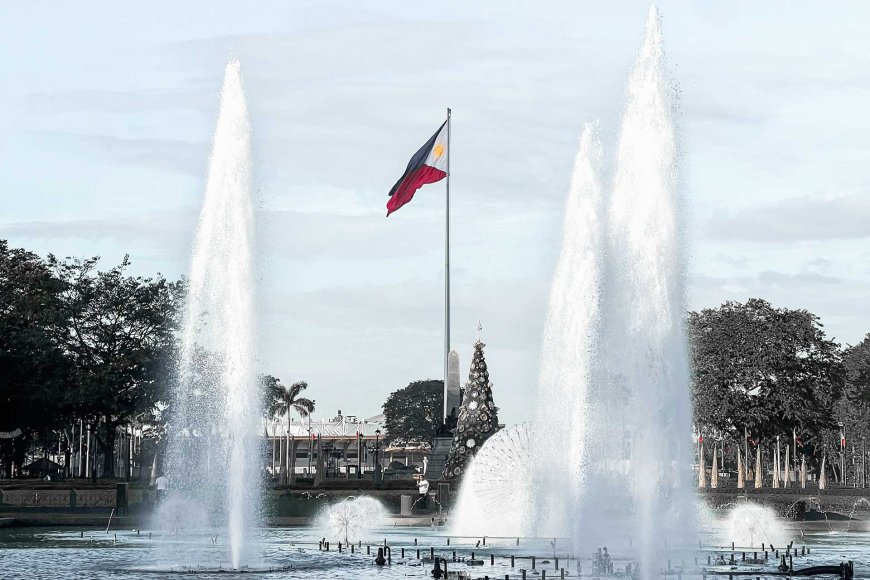
Social Norms and Traditions
Understanding Filipino customs and etiquette is essential for navigating social interactions in the Philippines with respect and sensitivity. Filipino culture is deeply rooted in traditions of hospitality, where guests are treated with exceptional warmth and generosity.
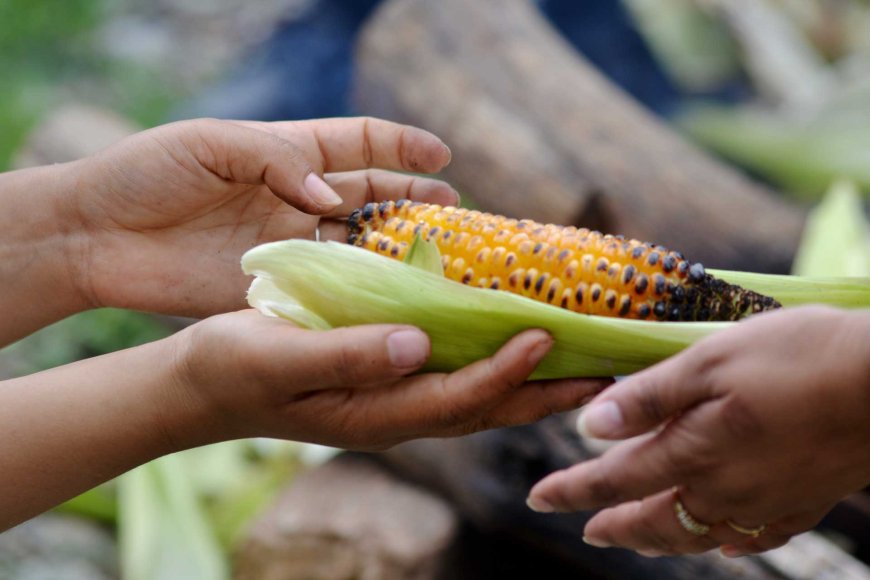
Hospitality: The Heart of Filipino Culture
Filipinos are renowned for their warmth. Known as one of the most welcoming cultures in the world, Filipinos go out of their way to make guests feel at home. This warm reception is evident in the phrase "Mabuhay!" (long live), often used to greet visitors. Hospitality extends to offering food and refreshments; guests are encouraged to eat heartily, and declining can sometimes be seen as impolite. Visitors should appreciate these gestures and enjoy the hearty meals and genuine warmth extended to them.
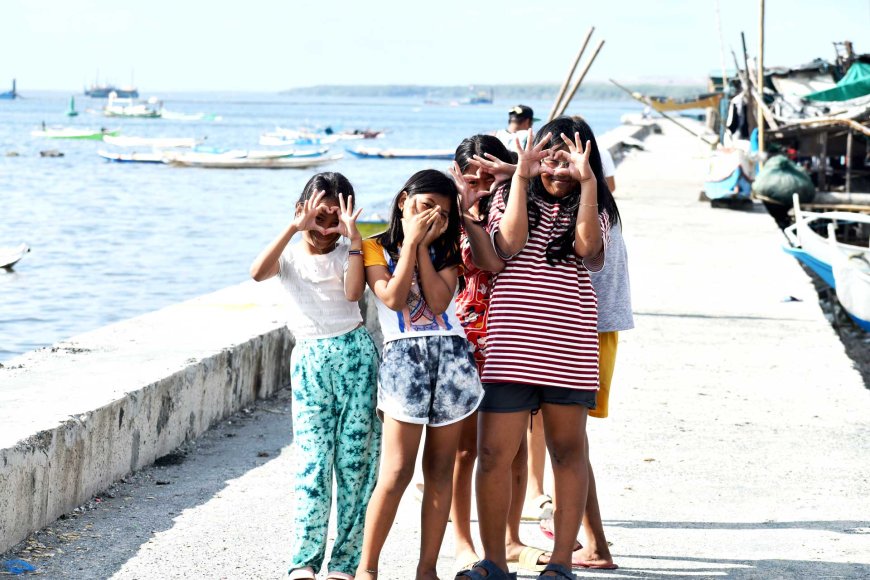
Respect for Elders: The “Mano Po” Gesture
Respect for elders is deeply ingrained in Filipino culture. The traditional "mano po" gesture, where one takes the hand of an elder and presses it to their forehead, is a common way of showing respect. This practice, taught from a young age, signifies reverence and a blessing from the elder. Even in modern settings, addressing elders with titles like “Ate” (older sister), “Kuya” (older brother), “Tita” (aunt), and “Tito” (uncle) reflects this cultural norm.
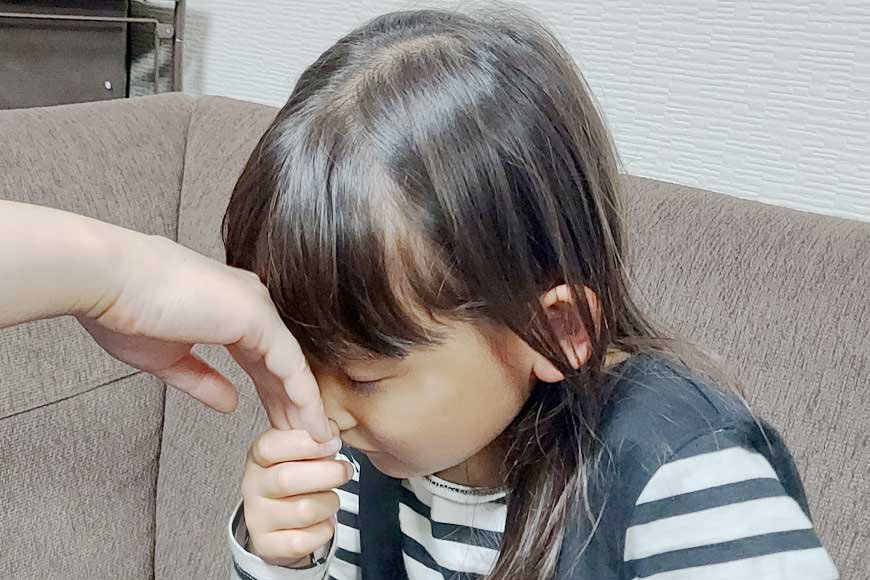
Family Ties: The Core of Social Structure
Family is the cornerstone of Filipino society. Extended families often live together or maintain close relationships, providing a strong support network. Family gatherings, especially during holidays like Christmas and fiestas, are significant events. The Filipino concept of "utang na loob" (debt of gratitude) highlights the deep sense of loyalty and obligation to family members, reinforcing the importance of familial bonds.
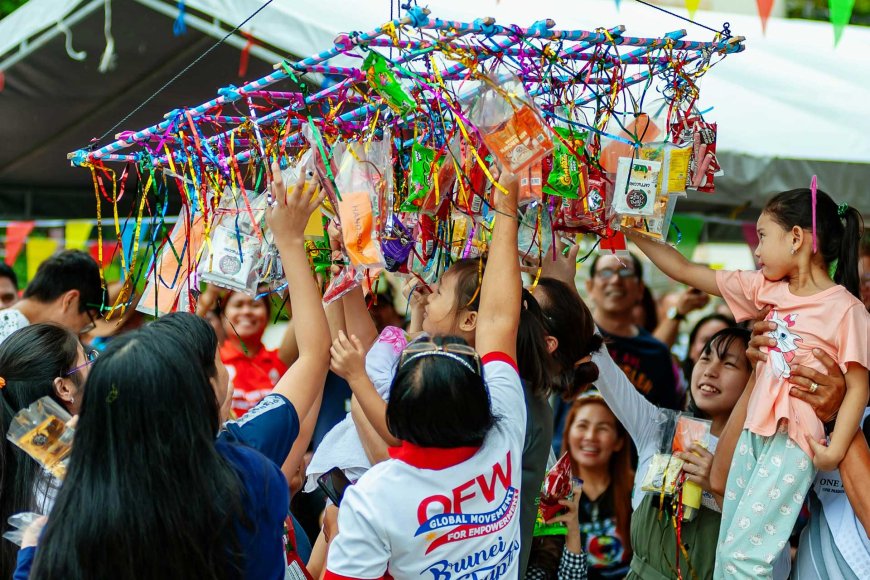
Social Harmony: The Value of “Pakikisama”
"Pakikisama," or smooth interpersonal relationships, is a central Filipino value. This concept emphasizes camaraderie, cooperation, and maintaining harmony in social interactions. Filipinos often avoid confrontations and strive to be agreeable, sometimes even sacrificing personal opinions for the group's sake. Understanding and practicing "pakikisama" helps in building and sustaining positive relationships in Filipino communities.

Celebration and Festivals: Joy in Everyday Life
Filipinos are known for their love of celebrations and festivals. The country’s numerous fiestas, each honoring a patron saint or significant event, showcase vibrant parades, street dancing, and communal feasting. Notable celebrations include Sinulog in Cebu, Ati-Atihan in Aklan, and Pahiyas in Lucban. These festivals are opportunities for communities to come together, celebrate their heritage, and enjoy life’s pleasures.
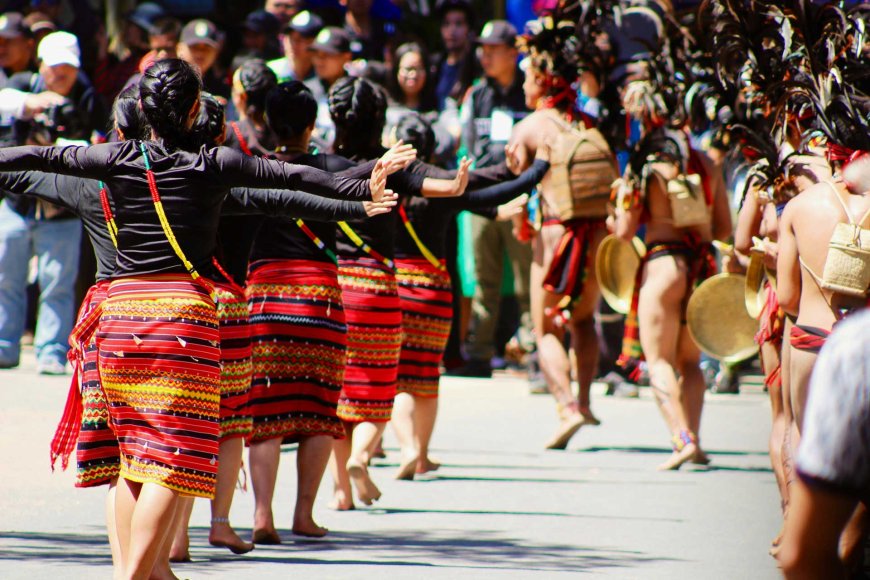
Politeness and Indirect Communication
Politeness is a hallmark of Filipino etiquette. Communication tends to be indirect to avoid causing offense or embarrassment. Filipinos use euphemisms and are often non-confrontational, preferring to deliver criticisms subtly or through intermediaries. Understanding this communication style is crucial, especially in professional and social settings, to ensure respectful and effective interactions.
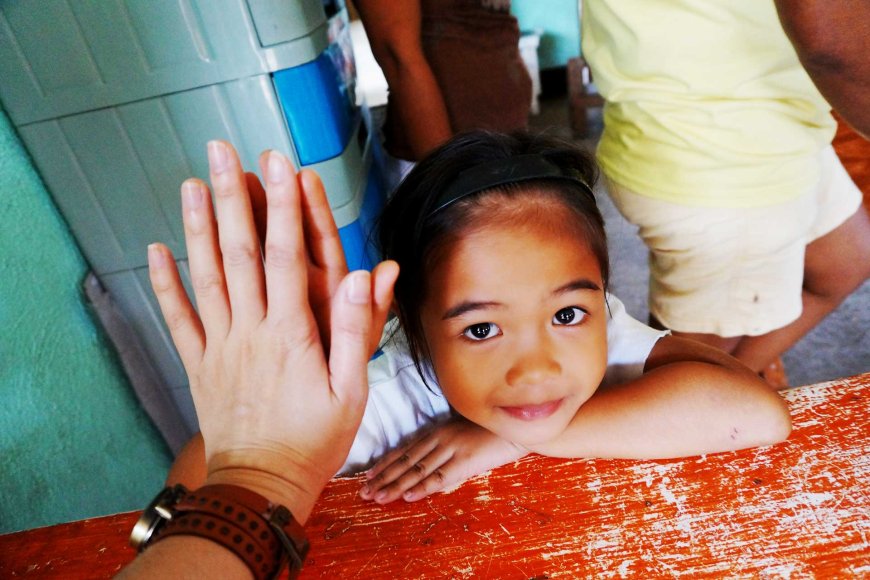
Religion: A Pillar of Daily Life
Religion plays a vital role in the daily lives of Filipinos, with a predominantly Catholic population. Religious practices and rituals are deeply embedded in the culture, influencing everything from daily routines to major life events. Attending Mass, praying the rosary, and participating in religious festivals are common practices that reflect the deep spiritual faith of the Filipino people.
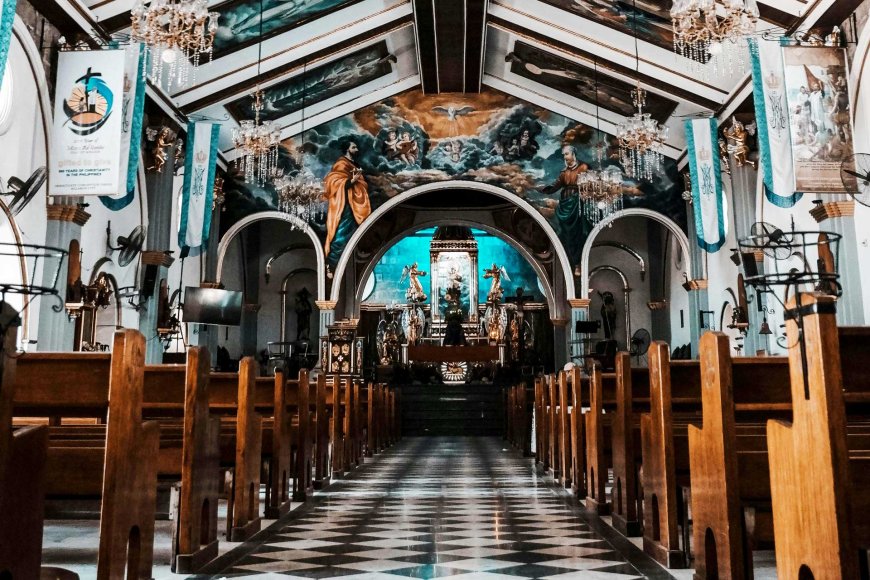
Dining Etiquette: A Blend of Tradition and Influence
Filipino dining etiquette reflects a blend of traditional customs and colonial influences. Meals are communal, and sharing food is a common practice. When dining, it’s polite to wait for the host to start eating or say "Kain tayo" (Let’s eat). Filipinos often eat with a spoon and fork, using the fork to guide food onto the spoon.
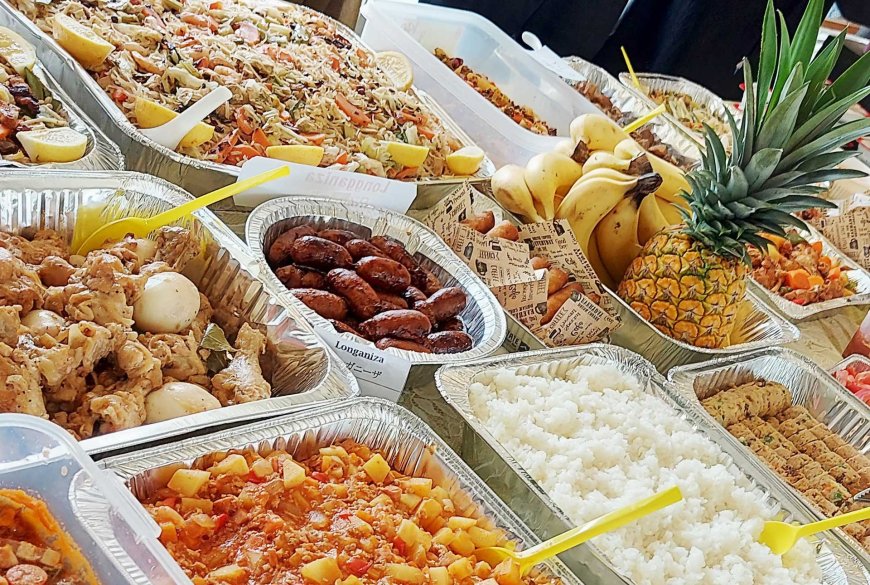
Bayanihan: The Spirit of Community Cooperation
"Bayanihan," the spirit of communal unity and cooperation, is a cherished Filipino tradition. Historically, it involved community members helping a family move their house, literally carrying the house on bamboo poles. Today, bayanihan represents any act of collective effort and mutual aid, reflecting the strong sense of community and willingness to help others in times of need.
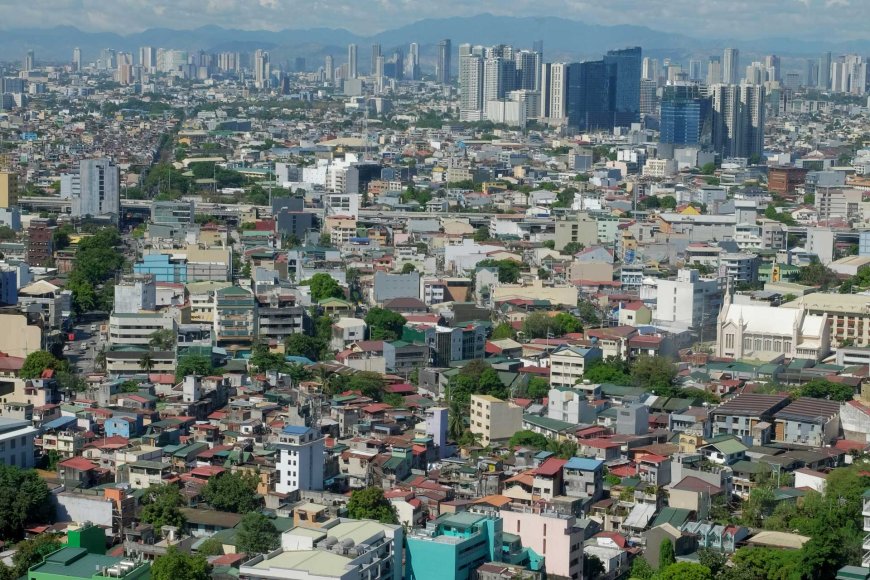
The Art of Gift-Giving
Gift-giving is an important aspect of Filipino etiquette, symbolizing thoughtfulness and goodwill. Gifts are given on various occasions, including birthdays, weddings, and holidays. When receiving a gift, it’s polite to show appreciation but to open it later rather than in front of the giver. Avoiding extravagant gifts is advisable to prevent the recipient from feeling obliged to reciprocate with something of equal value.

Key Insights into Filipino Society
Understanding Filipino customs and etiquette provides valuable insights into the nation’s cultural identity. By appreciating the importance of hospitality, respect for elders, family ties, social harmony, religious practices, and more, one can navigate Filipino society with greater ease and respect. Embracing these cultural norms not only enhances personal interactions but also enriches one’s overall experience in the Philippines.
Find Cheap Flight Tickets to any Destinations in Japan and the Philippines
Nipino.com is committed to providing you with accurate and genuine content. Let us know your opinion by clicking HERE.




















































